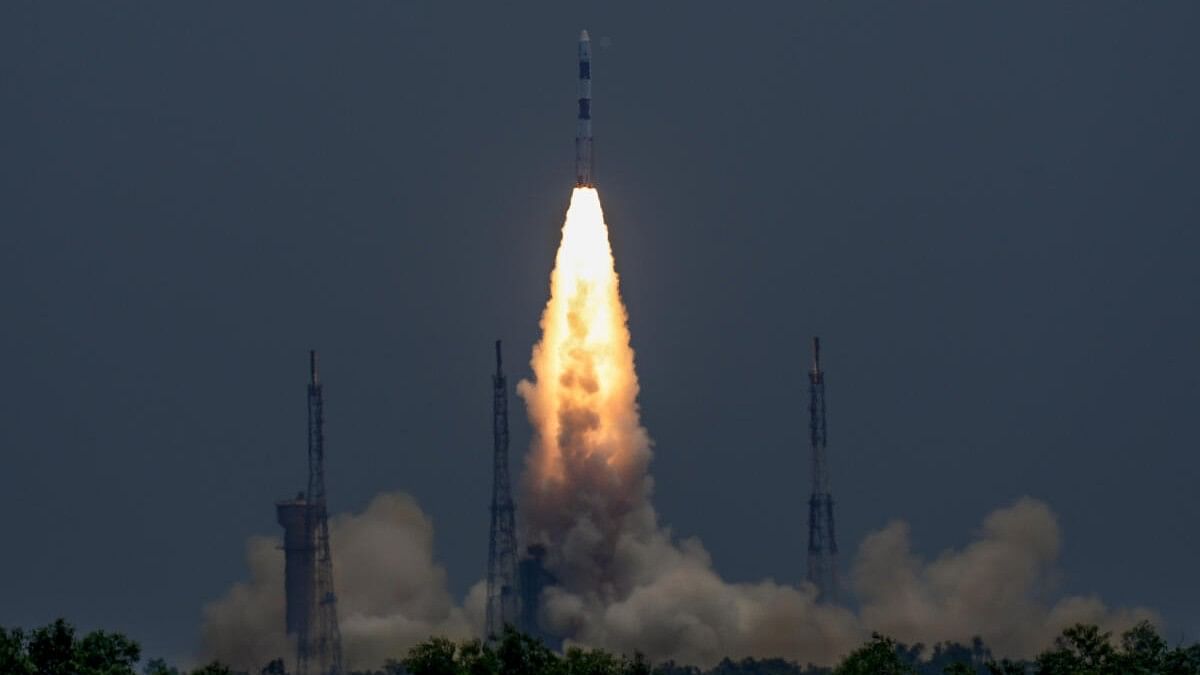
Indian Space Research Organisation's (ISRO) Aditya-L1, India's maiden solar mission.
Credit: PTI File Photo
New Delhi: Indian space sector generated $ 60 billion revenue in the last ten years against an investment of $ 13 billion, making it one of the most impactful areas of the economy, says a new report released on the first National Space Day.
The assessment, made by a European consulting firm, comes amid a 20-fold increase in private investments in the space sector since 2019 and expectations of a five-fold growth in the country's space economy by 2030.
“Private participation in the space sector is growing. The number of companies rose by five times in the last five years and the investment increased by 20 times in the same period, crossing $ 100 million twice in a row,” Pawan Kumar Goenka, chairman, Indian National Space Promotion and Authorisation centre said here.
The Indian Space Research Organisation commissioned Paris-headquarterd Novaspace to conduct a socio-economic analysis of the sector at a time when private companies are encouraged to enter the multi-billion dollar commercial space market with support from the ISRO.
The small satellite launch vehicle is ready to be transferred to the industry and ten companies have been shortlisted.
The industry partner will have to develop two SSLVs with assistance from ISRO over a two year period before venturing out on its own to build rockets to place small satellites in low earth orbits.
“The first industry made PSLV will also be out by 2024 end or early 2025,” said Shantanu Bhatawadekar, Scientific Secretary, ISRO. A private sector constellation of earth observation satellites is also being worked out.
For the space sector, the government has set a target of $ 44 billion revenue by 2032 – a five times jump from $ 8.4 billion in 2020 – riding high on over 200 start-ups that have also entered the space sector after it was opened in 2000.
With the Union government announcing a Rs 1000 crore venture capital fund for the space sector, the number of private companies in the space sector is likely to go up further.
The Novaspace analysis also suggests that each dollar earned in the Indian space sector comes with an advantage of generating $ 2.54 more because of the indirect benefits of space technologies in a diverse set of areas ranging from innovation to social inclusion, agriculture and aviation.
“On the indirect benefit, the corresponding number for the UK is $ 2.3 and for Canada it is $ 1.9. This shows more socio-economic advantage in India’s programme as an induced or indirect earning,” said Steve Bochinger, a Novaspace official who presented the analysis at the event.
